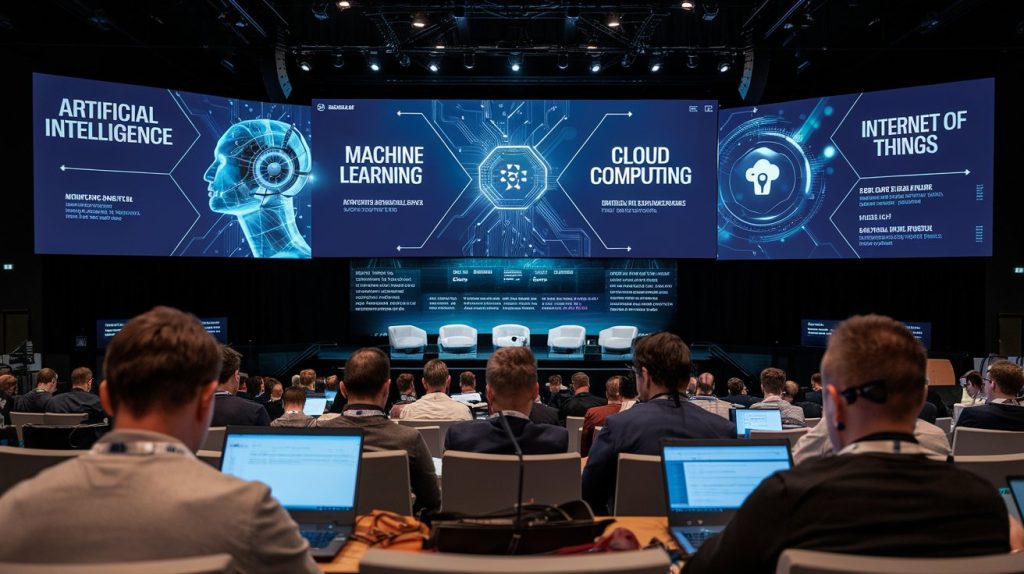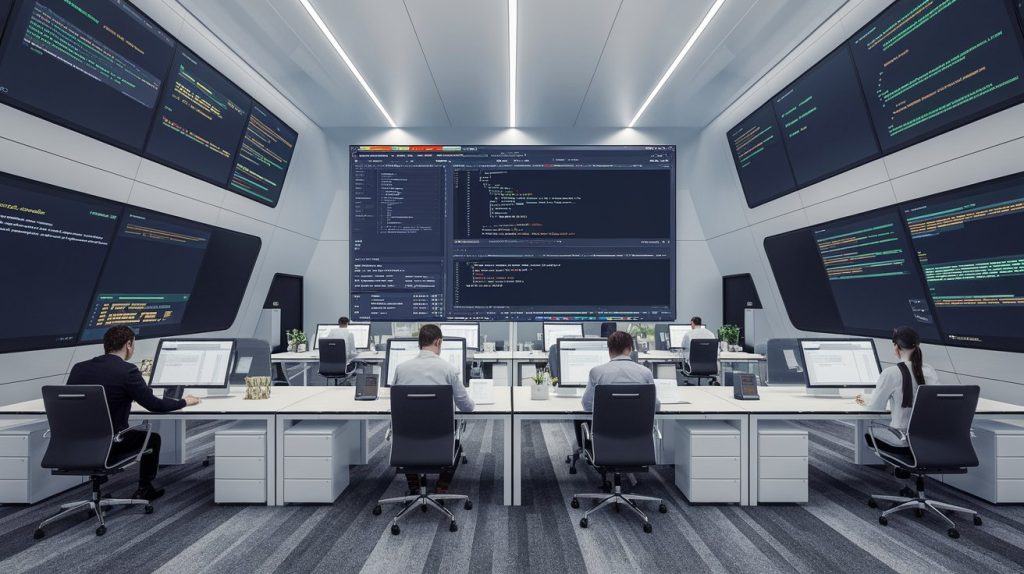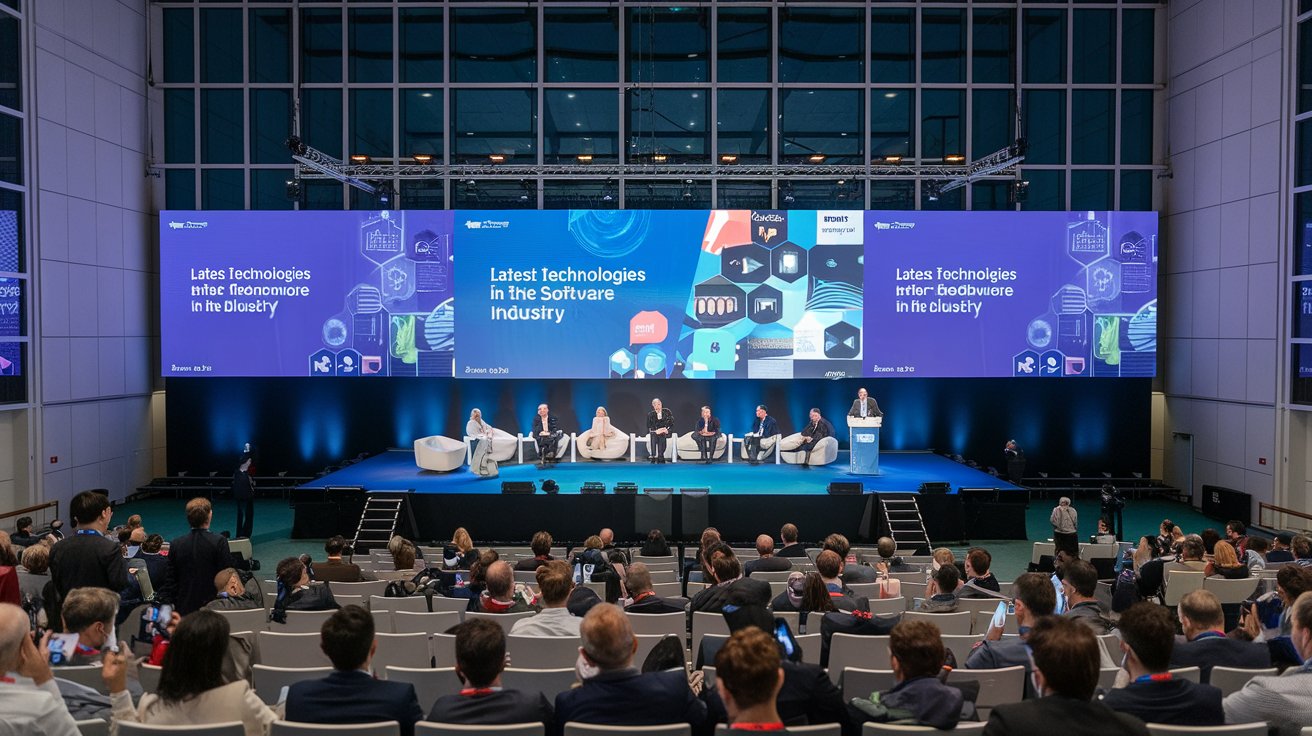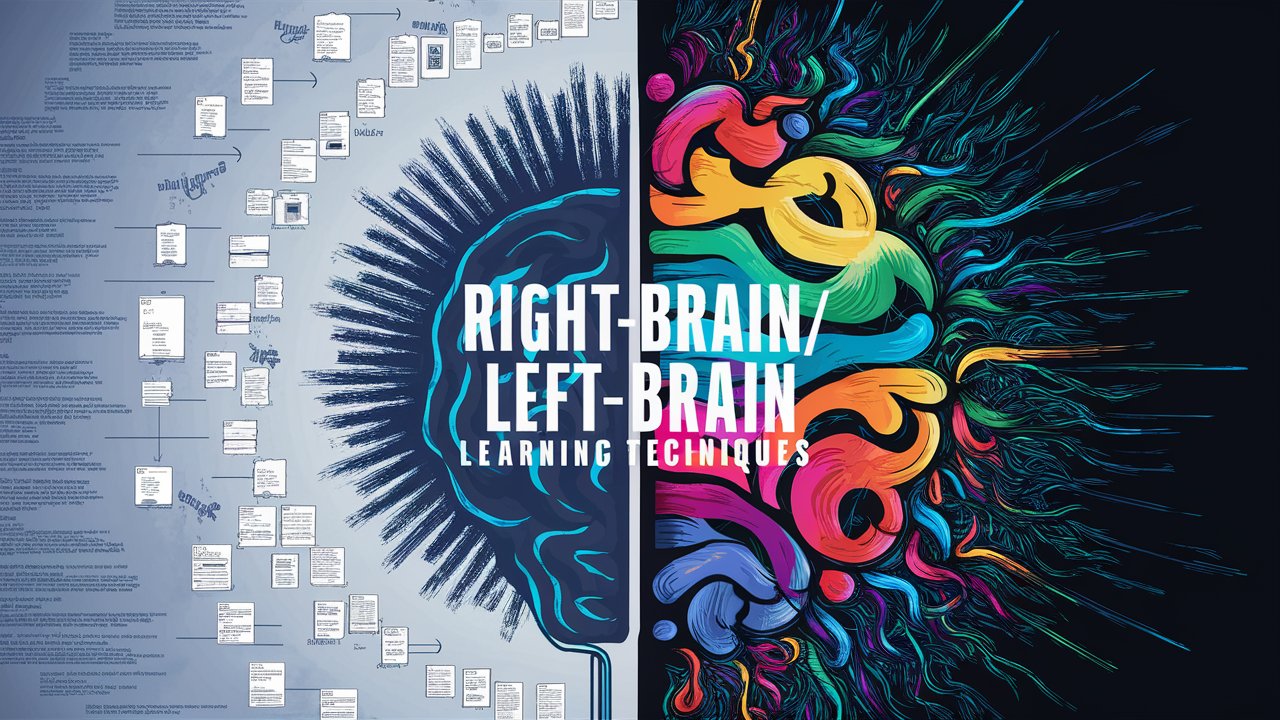Table of Contents
The latest technologies in software are transforming how businesses operate and innovate. These advancements are not just enhancements but game-changers that redefine the possibilities of software applications. This article will explore these groundbreaking technologies, their impact on various sectors, and what makes them stand out in today’s fast-paced tech world.
Key Trends Shaping the Latest Technologies in the Software Industry

Artificial Intelligence (AI) and Machine Learning
Artificial intelligence (AI) and machine learning (ML) are among the latest software industry technologies. These technologies enable software to learn from data, improve over time, and perform tasks that typically require human intelligence. From chatbots that provide customer support to algorithms that predict market trends, AI and ML are revolutionizing how businesses interact with customers and make decisions.
Cloud Computing Innovations
Cloud computing continues to be a significant player among the latest technologies in software industry. It allows businesses to store and access data over the Internet rather than relying on local servers. Recent advancements in cloud technology offer greater scalability, security, and cost-efficiency. Companies can now leverage cloud services for everything from data storage to running complex applications, making their operations more flexible and adaptable. Key cloud computing trends include:
- Serverless Computing: This approach eliminates the need for servers, allowing developers to focus on writing code without worrying about infrastructure management.
- Edge Computing: Processing data closer to the source reduces latency and improves response times, making it ideal for IoT and augmented reality applications.
- Hybrid Cloud: Combining public and private cloud environments provides organizations with the flexibility to meet their specific needs and security requirements.
Blockchain Technology
Blockchain technology is another critical development in the latest technologies in software industry. Initially designed for cryptocurrency transactions, blockchain offers a secure and transparent way to record transactions and manage data. Its decentralized nature makes it highly resistant to tampering and fraud, which is crucial for industries like finance, supply chain management, and healthcare.
Impact of Latest Technologies on Various Sectors
Healthcare
The latest software technologies are transforming healthcare by improving patient care and operational efficiency. AI-driven diagnostic tools can analyze medical images and predict diseases with high accuracy. Cloud computing enables the seamless sharing of patient data across healthcare providers, ensuring better care coordination. Blockchain can enhance data security and patient privacy, addressing critical concerns in the healthcare industry.
Finance
The latest software technologies are driving innovation and efficiency in the finance sector. AI algorithms are used for fraud detection and risk management, while blockchain improves transparency and reduces transaction costs. Cloud computing allows financial institutions to handle large volumes of transactions and data with greater agility, supporting real-time analytics and decision-making.
Retail
Retail businesses leverage the latest technologies in software industry to enhance customer experiences and streamline operations. AI-powered recommendation engines help personalize shopping experiences, while cloud computing supports the management of inventory and customer data. Blockchain technology ensures the authenticity of products and enhances supply chain transparency, building trust with consumers.
Challenges and Considerations

Security and Privacy
While the latest software technologies offer numerous benefits, they also present challenges regarding security and privacy. As more data is collected and stored, the risk of cyberattacks increases. Companies must invest in robust security measures to protect sensitive information and ensure compliance with data protection regulations.
Integration and Compatibility
Another difficulty is integrating new technologies with current systems. To avoid disruptions, businesses must ensure that the latest software technologies are compatible with their current infrastructure. Effective planning and testing are essential to smooth integration and maximize the benefits of new technologies.
Future Outlook for Latest Technologies in Software Industry
Emerging Innovations
The future of the latest technologies in software industry looks promising, with emerging innovations on the horizon. Advances in quantum computing, augmented reality (AR), and 5G technology are expected to drive further transformation. These innovations will open new possibilities for software applications, making it an exciting time for the tech industry.
Ongoing Developments
As technology evolves, ongoing developments will likely bring about even more significant changes. Staying informed about the latest technologies and trends is crucial for businesses to remain competitive and leverage new opportunities. Embracing these changes can lead to enhanced efficiency, improved customer experiences, and tremendous success in the software industry.
Internet of Things (IoT)
IoT refers to the interconnected network of devices embedded with sensors and software that can communicate with each other. The IoT is rapidly expanding, with applications ranging from smart homes and cities to industrial automation and healthcare. Key IoT trends include:
- 5G Connectivity: The rollout of 5G networks enables faster data transfer speeds and lower latency, making it ideal for IoT devices requiring real-time communication.
- Edge Computing: Processing IoT data at the network’s edge reduces the amount of data that needs to be transmitted to the cloud, improving efficiency and reducing costs.
- AI and Machine Learning: AI and machine learning algorithms can analyze IoT data and extract valuable insights, enabling predictive maintenance, anomaly detection, and personalized experiences.
Low-Code and No-Code Development
Low-code and no-code platforms empower citizen developers and traditional programmers to build applications more quickly and efficiently. These platforms offer a visual interface that reduces the need for coding, making it easier for non-technical users to create software solutions. Critical trends in low-code and no-code development include:
- AI-Powered Development: AI can generate code suggestions and automate repetitive tasks, further accelerating development processes.
- Integration with Other Technologies: Low-code and no-code platforms increasingly integrate with other technologies such as cloud computing, IoT, and AI.
- Enterprise Adoption: Businesses recognize the benefits of low-code and no-code development for building custom applications and automating workflows.
Also read: Advanced Atomization Technologies: Precision that Fuels Innovation.
The latest technologies in software industry are reshaping how we interact with technology and conduct business. These advancements offer numerous benefits and opportunities, from AI and cloud computing to blockchain and beyond. As we move forward, staying abreast of these developments is essential to fully leveraging their potential.





